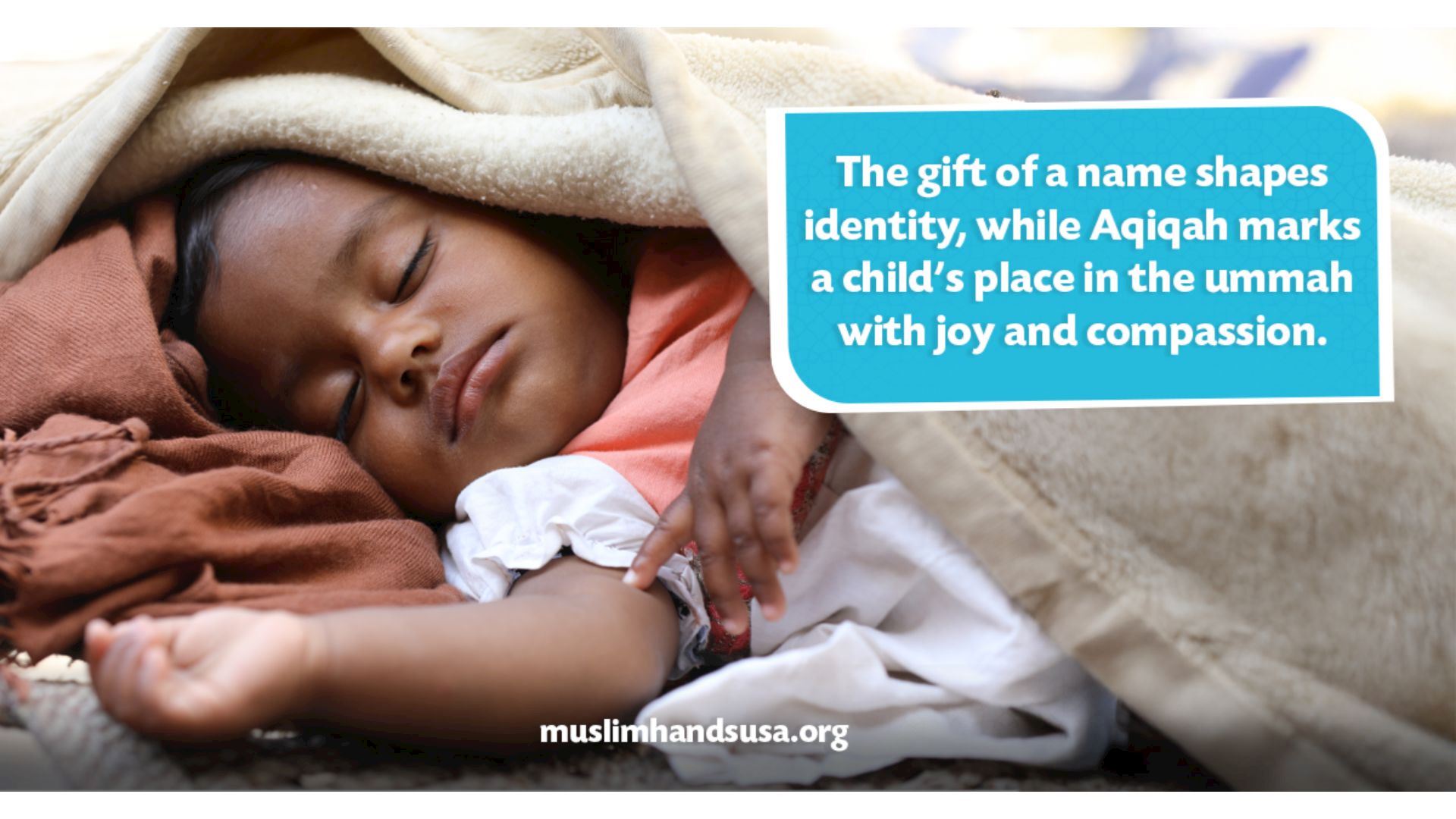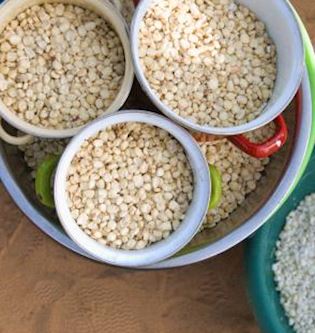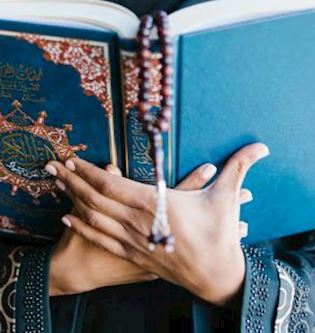Aqiqah in Islam: Meaning, Cost, and Blessings for Your Newborn

Welcoming a newborn is one of the greatest blessings in Islam. To show gratitude to Allah, Muslims perform a beautiful act of charity and devotion known as Aqiqah. This Sunnah not only celebrates the child’s birth but also supports families and communities in need.
Key Takeaways
- Aqiqah meaning: A Sunnah act of gratitude and protection for a newborn.
- When to perform: Preferably on the seventh day after birth.
- Number of animals: Two for a boy, one for a girl.
- Aqiqah cost (USA): Around $150–$200 per animal.
- Spiritual purpose: Gratitude to Allah, protection from harm, and sharing blessings through charity.
- Difference from Qurbani: Aqiqah celebrates new life, while Qurbani honors sacrifice and submission.
Is Aqiqah Obligatory in Islam?
Aqiqah is not obligatory but is a highly recommended Sunnah that the Prophet Muhammad ﷺ performed for his grandsons, Al-Hasan and Al-Husain (RA).
It is a way to thank Allah for the blessing of a newborn and to begin the child’s life with a charitable act that benefits others.
Why Should You Perform Aqiqah?
Aqiqah is both an expression of gratitude and a form of Sadaqah. It serves as a protection for the newborn, brings blessings to the family, and strengthens community ties.
Scholars mention several wisdoms behind Aqiqah:
- It’s a form of charity that benefits those in need.
- It protects the child from harm and illness.
- It reminds parents of their responsibility to raise their children with love, care, and Islamic values.
By sharing food with others, families celebrate the gift of new life while helping those who are less fortunate.
Who Should Perform Aqiqah?
Aqiqah should be performed by the parents or guardians of the newborn. Any Muslim who has the financial means, comparable to being eligible to pay Zakat, is encouraged to do so.
It is not meant to be a burden. The key is the intention of gratitude and following the example of the Prophet ﷺ.
When Should Aqiqah Be Performed?
According to the Sunnah, Aqiqah is ideally performed on the seventh day after the baby’s birth.
If that is not possible, it may be done later, on the 14th, 21st, or any convenient day after. Scholars agree that Aqiqah may still be performed even after the child has grown up. Adults who did not have Aqiqah as infants can perform it later in life as an act of devotion.
How Many Animals Should Be Offered for Aqiqah?
The Prophet ﷺ said:
“Slaughter two compatible sheep for a boy and one for a girl.” (Ahmad)
According to this Sunnah:
- Two sheep or goats are sacrificed for a boy.
- One sheep or goat is sacrificed for a girl.
There is no harm in offering more as additional charity.
What Type of Animal Should Be Used for Aqiqah?
The same conditions as Qurbani apply to Aqiqah:
- The animal must be healthy and free from defects.
- Sheep must be at least six months old; goats at least one year.
- Animals should not have broken horns, missing teeth, or visible illness.
It is recommended to offer the best animal you can afford, reflecting sincerity and gratitude to Allah.
In the United States, the average cost of Aqiqah ranges between $150–$200 per sheep or goat, depending on location and market prices.
Aqiqah vs. Qurbani: What’s the Difference?
Many people wonder about the difference between Aqiqah and Qurbani (Udhiya), since both involve animal sacrifice. While both acts are deeply spiritual, their purpose and timing are distinct.
Purpose:
- Aqiqah is performed to express gratitude for a newborn child and to seek blessings and protection for the baby.
- Qurbani is performed to commemorate the devotion of Prophet Ibrahim (AS) and Prophet Ismail (AS) during Eid al-Adha.
Timing:
- Aqiqah is performed on or after the seventh day following a child’s birth.
- Qurbani is carried out between the 10th and 12th days of Dhul-Hijjah (during Eid al-Adha).
Obligation:
- Aqiqah is a Sunnah Mu’akkadah (highly recommended).
- Qurbani is Wajib (obligatory) for Muslims who meet the financial threshold (Nisab).
Beneficiaries:
Both share the same spirit of generosity, meat is distributed among family, friends, and the poor. However, Aqiqah is focused on celebrating life, while Qurbani commemorates sacrifice and submission to Allah.
How Should Aqiqah Be Performed?
Before slaughtering, the person performing Aqiqah should make the intention (niyyah) that the sacrifice is being made for the child, and recite the following:
“In the name of Allah and through Allah, this is the Aqiqah of [child’s name], son/daughter of [Mother's name]. O Allah, accept this sacrifice and protect this child.”
This act symbolizes gratitude, purification, and devotion.
How Should the Aqiqah Meat Be Distributed?
The Sunnah recommends dividing the meat into three portions:
- One portion for the family.
- One portion for relatives and friends.
- One portion for those in need.
It’s also customary to hold a small gathering or meal (walimah) to celebrate the baby’s birth and share the blessings with loved ones.
Can I Give Charity Instead of Performing Aqiqah?
Aqiqah is a specific act of worship and cannot be replaced by giving regular charity.
While it is always encouraged to give Sadaqah, Aqiqah has its own distinct intention and reward. If one is financially unable to perform it immediately, it can be delayed until a later time when it becomes possible.
The Blessings of Performing Aqiqah
Aqiqah combines gratitude, charity, and community care. It protects the child, purifies the heart, and spreads blessings far beyond one’s own home.
“The believer’s shade on the Day of Resurrection will be his charity.” (Tirmidhi)
Through Aqiqah, a parent’s gratitude becomes a source of hope and nourishment for others, a beautiful reminder that every blessing from Allah is meant to be shared.















